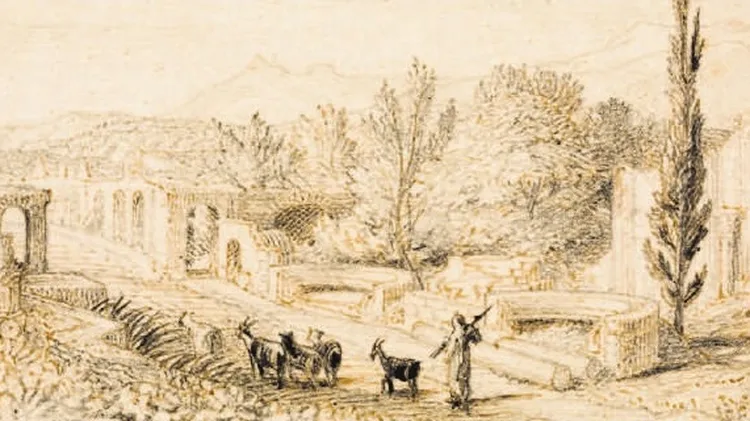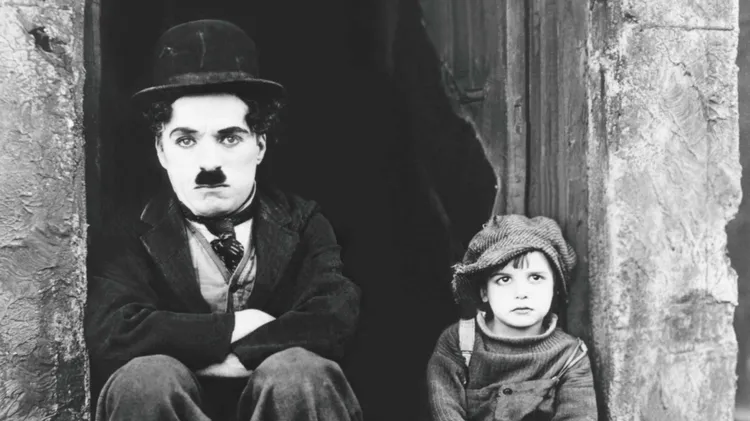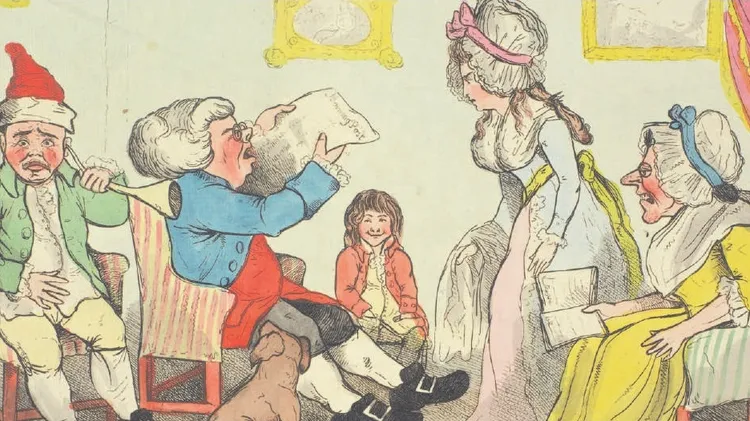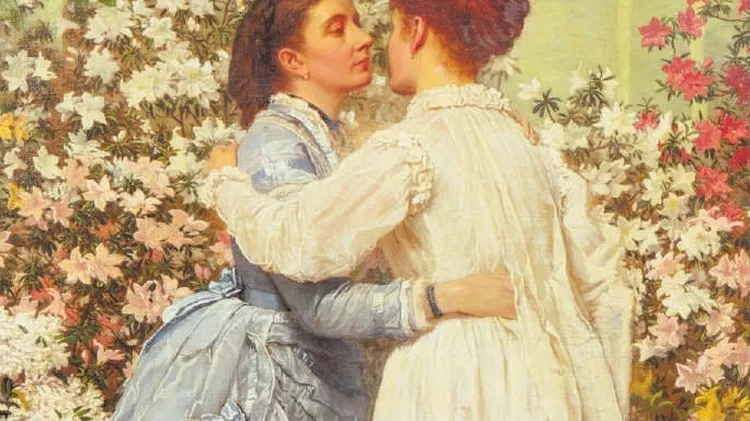From Hard Timesto Oliver Twist, Charles Dickens used his pen to help i
Giving the poor a voice
3 min read
This article is from...
Read this article and 8000+ more magazines and newspapers on Readly






